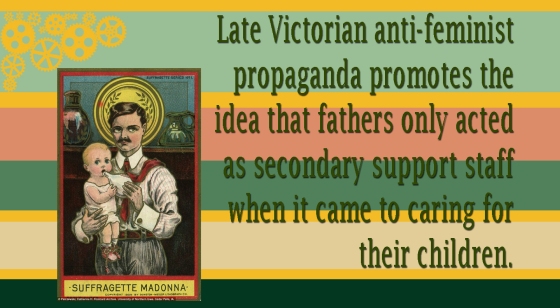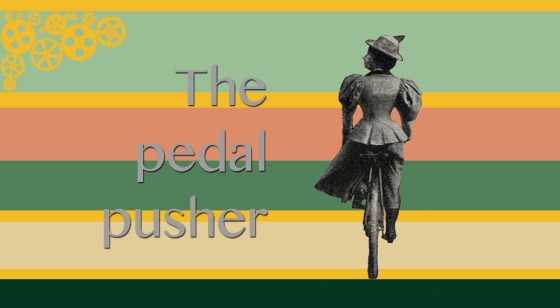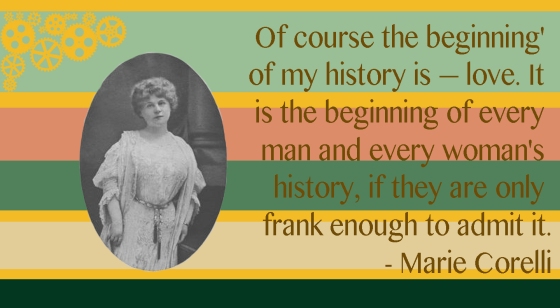
Happy Writer’s Quote Wednesday! H.G. Wells was a prolific English writer, who began publishing in my favourite literary decade of the moment: the 1890s. I chose this quote because it opens many doors in the conversation about writing.
First, it exposes a gap in my knowledge. As my 1890s literary research focuses more on Oscar Wilde and Bram Stoker, I do not know the source for this quote, nor its context, only that it has been attributed to Wells, which in the supreme irony of Writer’s Quote Wednesdays may render everything I write on this subject futile.
Certainly, my blog post’s effectiveness depends on my success at opening doors in the conversation about writing, which might be misconstrued as a literary ambition steeped in futilitarianism (another fantastic Victorian word).
futilitarian (1827): one who is devoted to futility.
On the surface, Wells’ advice to writers may be read as the familiar: “Write what you know,” which is ironic in Wells’ case because his most successful works weren’t at all about things he knew, but about things that he imagined. It might be argued that Wells knew about Time Travel before he wrote the Time Machine (1895), but can you know about something imaginary?
Certainly, you can know something and not think it is real, and certainly Wells thought so too, or he would have considered his own work futile. By “systematic knowledge,” I don’t think he was talking about the sciences, or systems of government, or some understanding of how things really are, but rather about a familiararity with how the history of an idea is organized.
This is especially true of literary ambitions.
literaryism (1879): a use of language that is particular to writing, like a literary device, or cliché.
Language is not just a means of communicating such ideas, but an idea itself. I don’t think Wells was speaking specifically about the idea of language, though he might have been speaking about the idea of time travel – both of which provide interesting examples of the history of an idea.
The dictionary I am working on traps the history of words that are particular to a period in their context, in terms of their usage at that time. However, any particular word, or phrase, may have meant something else at earlier, or later, dates.
The history of time travel tells us that until at least the eighteenth century the concept of time travel only involved travelling forward in time. Time only moved in one direction. King Raivata Kakudmi in Hindu mythology, the Buddhist Pāli Canon, and Rip Van Winkle, all get preoccupied with some other task (trips to heaven, a very long nap) and find that far more time has passed than they previously thought possible. There was no going back until (debatably) the first Russian science fiction-novel (1836), in which the protagonist rides a hippogriff into the past to meet Aristotle and Alexander the Great before returning to the nineteenth century.
Throughout most of the nineteenth century, time travel happened in dreams, by magic, or by accident without significant consequences for anyone other than the time traveller – until Edward Everett Hale published Hands Off in 1881. Hands Off is the first story to create an alternate history as the result of time travel.
That same year also saw the introduction of a device for time travel in “The Clock That Went Backward” (1881), a story that also presented the first temporal paradox in fiction.
To my mind, this kind of history of time travel is the kind of “systematic knowledge” that Wells likely relied on to write the Time Machine (1895). Familiarity with the history of an idea enriches the writer’s understanding of the idea, enabling them to access the intertextuality within any genre, thereby creating richer texts. I would never argue that writing without knowledge of the genre is futile, but it is hard to imagine a modern time traveller moving through time and space without something like a Police Box.
All of this goes back to why I am writing the Dictionary of Victorian Insults & Niceties. I’ve put a lot of work into the historical fiction that I’m writing and see no reason why other writers shouldn’t benefit from my work.
Support the project through my GoFundMe page, or visit my shop.



















